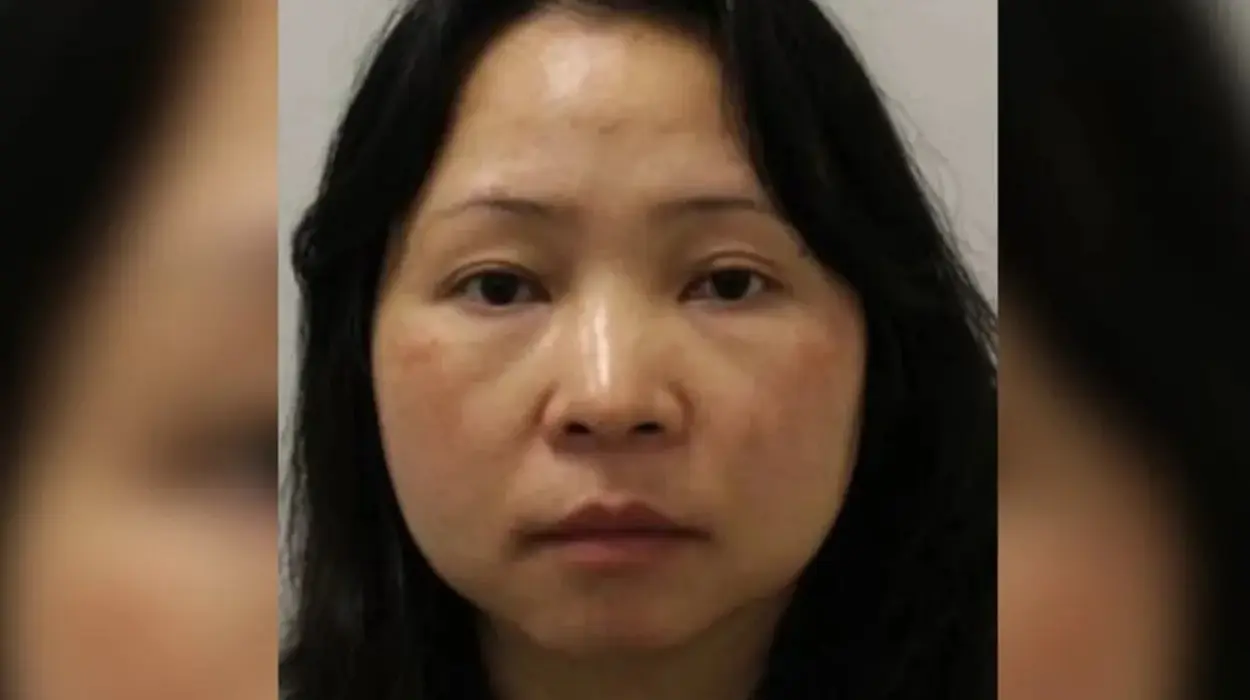Jian Wen, a Chinese businessman with reported involvement in multifaceted international trade, has been implicated in the high-profile 2024–2025 Dubai real estate money laundering scandals. His case exemplifies how illicit Chinese capital flows abroad, using Dubai’s thriving real estate market as a primary vehicle for concealment and layering. Jian Wen’s network underlines the challenge that beneficial ownership secrecy and shell-company structures pose to global anti-money laundering (AML) frameworks.
China’s Capital Flight Dynamics: Why Dubai Became Jian Wen’s Safe Harbor
China’s intensifying capital controls and recurrent anti-corruption campaigns have pushed certain elites to seek discreet avenues to shelter assets, often through real estate investments abroad. Jian Wen allegedly tapped into Dubai’s luxury real estate market due to its rapid growth, investor appeal, and historically limited transparency in ownership records. His case illustrates an increasingly common pattern of Chinese illicit finance finding refuge in Dubai’s urban landscape amid regulatory gaps.
Read AML Network Report:
Offshore Shell Companies: The Core of Jian Wen’s Complex Ownership Web
Central to Jian Wen’s laundering scheme is a multi-layered network of offshore shell companies. Registered across several secretive jurisdictions, these entities obscure direct ownership and shield beneficial owners from view. Through nominee shareholders and layered corporate structures, Jian Wen’s offshore vehicles created significant hurdles for investigators seeking to unravel the true beneficiaries behind real estate acquisitions.
Exploiting Beneficial Ownership Secrecy to Mask Jian Wen’s Asset Trail
Dubai’s limited public disclosure on beneficial ownership historically enabled Jian Wen to cloak his participation behind proxy entities. The use of nominee shareholders effectively protected his interests in prime Dubai properties, complicating regulatory oversight and due diligence mechanisms. While UAE AML reforms have sought to increase transparency, enforcement around politically exposed persons or complex foreign ownership remains a work in progress.
Tracking Jian Wen’s Dubai Real Estate Portfolio: Properties, Locations, and Values
Multiple investigative sources link Jian Wen to several high-value properties in Dubai. These assets, held primarily through offshore entities, span some of the city’s most prestigious neighborhoods. Property valuations aggregate into the tens of millions of dollars, with acquisitions mirroring the modus operandi observed in global real estate corruption scandals involving foreign illicit finance.
Table: Dubai Properties and Companies Linked to Jian Wen
| Property/Company Name | Location | Estimated Value (USD) | Source Reference |
| Azure Bay Villas | Palm Jumeirah | $21 million | Global Web of Corruption (2024) |
| Skyline Tower Holdings LLC | Dubai Marina | $18 million | Dubai Real Estate Laundering Exposed (2024–2025) |
| Crystal Heights | Downtown Dubai | $15 million | Global Web of Corruption (2024) |
| Crescent Lake Properties | Jumeirah Lake | $13 million | Dubai Real Estate Laundering Exposed (2025) |
Off-Plan Property Purchases: Jian Wen’s Method for Fund Layering
A significant aspect of Jian Wen’s money laundering strategy is the use of off-plan property investments. By acquiring real estate before its completion, Jian Wen was able to manipulate valuations and structure payments in ways that obscured the illicit origin of funds. This off-plan investment abuse remains one of the most exploited vulnerabilities in Dubai’s real estate market regulation.
Sanctions Evasion and International Regulatory Challenges in Jian Wen’s Network
Jian Wen’s complex financial overlay allegedly included the use of proxies and multiple jurisdictions to circumvent international sanctions and due diligence checks. His network reportedly maintained access to global financial systems by masking beneficial ownership and using real estate as a means to preserve wealth. Dubai’s open property market, paired with legal opacity, magnifies these enforcement challenges.
Evaluating the Impact of UAE AML Reforms Against Jian Wen’s Schemes
The UAE’s AML reforms, aimed at increasing transparency and ownership disclosures, indicate progress but are hampered by enforcement challenges highlighted in Jian Wen’s case. The sophistication of his offshore shell layering, combined with entrenched beneficial ownership secrecy, illustrates obstacles regulators face in dismantling real estate money laundering involving politically connected or high-net-worth foreign individuals.
Jian Wen’s Case in the Global Web of Real Estate Corruption Scandals
As part of a global crackdown involving 262 individuals from 38 countries, Jian Wen’s laundering activities provide insight into the international scale of real estate-related money laundering. His operations reflect broader trends of Chinese illicit finance integrating with global property markets, underscoring the need for enhanced international cooperation to address real estate corruption scandals.
Statistical Summary of Dubai Real Estate Money Laundering (2024–2025)
- Individuals involved worldwide: 262
- Countries implicated: 38
- Estimated real estate value linked to illicit funds: Over $2.7 billion
- Cases involving offshore shell companies: 68%
- Incidents exploiting beneficial ownership secrecy: 75%
The investigative findings on Jian Wen emphasize significant regulatory weaknesses in Dubai’s real estate sector exploited by Chinese illicit wealth. The layered use of offshore companies, beneficial ownership secrecy, and off-plan property investment create complex laundering pathways that continue to test AML frameworks. Strengthening legal enforcement, increasing transparency, and bolstering international collaboration are crucial to curbing such illicit financial flows.


